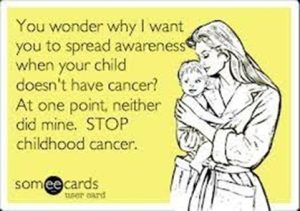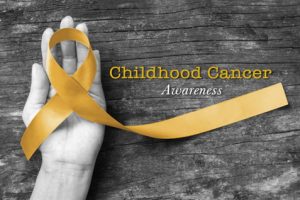Childhood cancer remains a significant health concern, impacting families and communities worldwide. While strides have been made in treatment and care, raising awareness remains crucial to improving outcomes and support for affected children and their families.
Understanding Childhood Cancer:
Childhood cancer encompasses various types of cancers that affect children, including leukemia, brain tumors, neuroblastoma, and lymphoma, among others. Unlike adult cancers, childhood cancers are relatively rare and often present unique challenges in diagnosis and treatment.
Early detection is key in childhood cancer, as symptoms may be subtle or mistaken for other illnesses. Parents and caregivers should be vigilant for signs such as unexplained weight loss, persistent fevers, unusual lumps or swelling, excessive bruising or bleeding, and changes in balance or coordination.
Support for Affected Families:
A diagnosis of childhood cancer can be devastating for families, requiring emotional, financial, and logistical support. Parents are thrust into a whirlwind of medical appointments, treatment decisions, and caregiving responsibilities, often while juggling work and other family obligations.
Local organizations, support groups, and online communities provide invaluable resources, information, and peer support. These networks offer a sense of solidarity and understanding, reminding families that they are not alone in their journey.
Community support plays a vital role in helping families navigate the challenges of childhood cancer.
Hope for the Future:
Despite the challenges, there is hope in the ongoing advancements in childhood cancer research and treatment. Medical breakthroughs, innovative therapies, and clinical trials offer promising avenues for improved outcomes and quality of life for affected children.
Raising awareness is essential in advocating for continued investment in childhood cancer research, access to high-quality care, and support services for affected families.

By spreading awareness, we can foster empathy, understanding, and action to ensure that every child facing cancer receives the care, support, and hope they deserve.
Take Action:
There are many ways to get involved in childhood cancer awareness efforts. Consider participating in fundraising events, volunteering with local organizations, or advocating for policy changes to improve childhood cancer research and care.
Together, we can make a difference in the lives of children and families affected by cancer. Let us stand together in raising awareness, offering support, and nurturing hope for a brighter future free from childhood cancer


